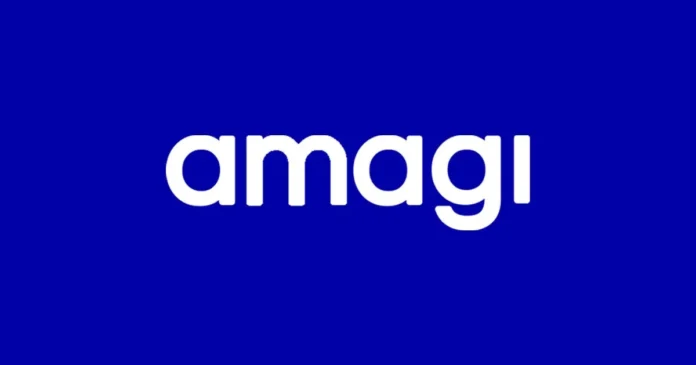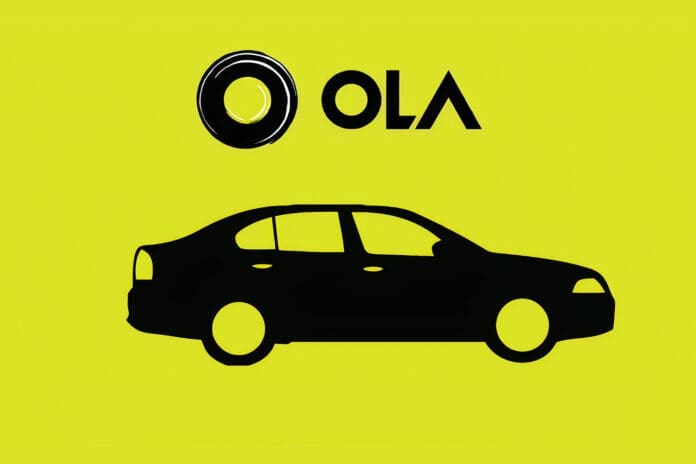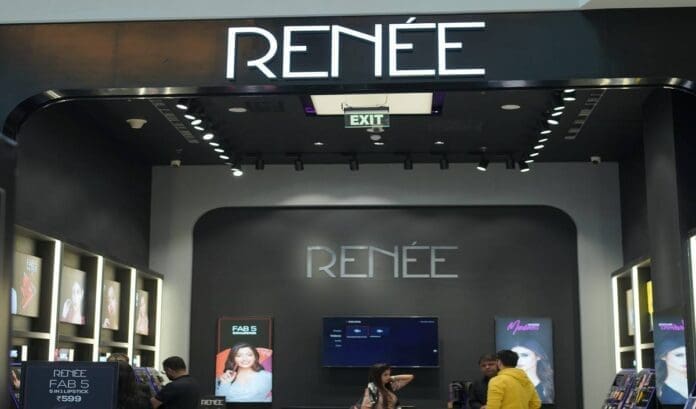Amagi, a cloud-based media c provider, has reported substantial growth and narrowed its fiscal losses for FY24. Following a $100 million funding round in November 2023, which valued the company at $1.4 billion, Amagi saw a year-on-year (YoY) revenue increase of over 29%.
The Bengaluru-headquartered company reported operating revenue of Rs 879.15 crore for FY24, a jump from Rs 680 crore in FY23, according to its consolidated financial statements filed with the Registrar of Companies (RoC).
Additional gains of Rs 63 crore from interests and investments raised Amagi’s total revenue to Rs 942 crore for FY24. Amagi empowers content creators by providing innovative tools like Thunderstorm, a server-side ad insertion platform for OTT content, and Cloudport, a channel playout solution designed for TV and OTT platforms.
The U.S. remains Amagi’s dominant market, contributing 67.3% of total revenue, or Rs 591.5 crore, in the last fiscal year. The U.K. market, which accounted for 13.1% of income, showed a 31.10% increase, reaching Rs 115.5 crore. In contrast, India represented less than 1% of total earnings, experiencing a 54.29% decline to Rs 8 crore. Revenues from other international markets surged by 78.95% to Rs 164.1 crore in FY24.
Amagi’s main expenses came from employee benefits, totaling Rs 66.34 crore, up by 10.8% from the previous year. Depreciation and amortization costs rose by 84% to Rs 16.3 crore, while finance expenses grew by 58% to Rs 5.2 crore. Operational expenses, including IT and legal, were Rs 49.33 crore, resulting in a total expenditure increase of 15.46% to Rs 1,189 crore in FY24 from Rs 1,039 crore in FY23. Amagi’s financial restructuring included recording share capital at Rs 100 per share with the remainder as securities premium.
In terms of profitability, Amagi successfully reduced its losses by 23.7% to Rs 245 crore in FY24. The company’s ROCE and EBITDA margins were at -24.43% and -22.86%, respectively, and it spent Rs 1.34 to earn a rupee of operating revenue. Amagi’s cash reserves decreased to Rs 262.9 crore from Rs 740 crore in FY23, while other bank balances grew to Rs 514 crore, up from zero the prior year. Trade receivables also climbed to Rs 252 crore from Rs 204 crore in FY23.
Amagi achieved unicorn status in March 2022 with a $95 million investment led by Accel Partners, followed by another $110 million funding round in November. Industry sources reveal that Amagi may be exploring a $250 million funding opportunity in the near future.
The company’s remarkable transformation from a local advertising business in 2018 to a cloud-based SaaS solution provider for global content monetization has marked it as a standout in the B2B SaaS sector. Amagi’s growth in the U.S. market since FY21, where it first reported a revenue of Rs 219 crore and a profit of Rs 20.7 crore, underscores its successful pivot. With ongoing growth and decreased losses, Amagi’s founders and board may be eyeing an IPO, although specific plans have yet to be disclosed.
4o









